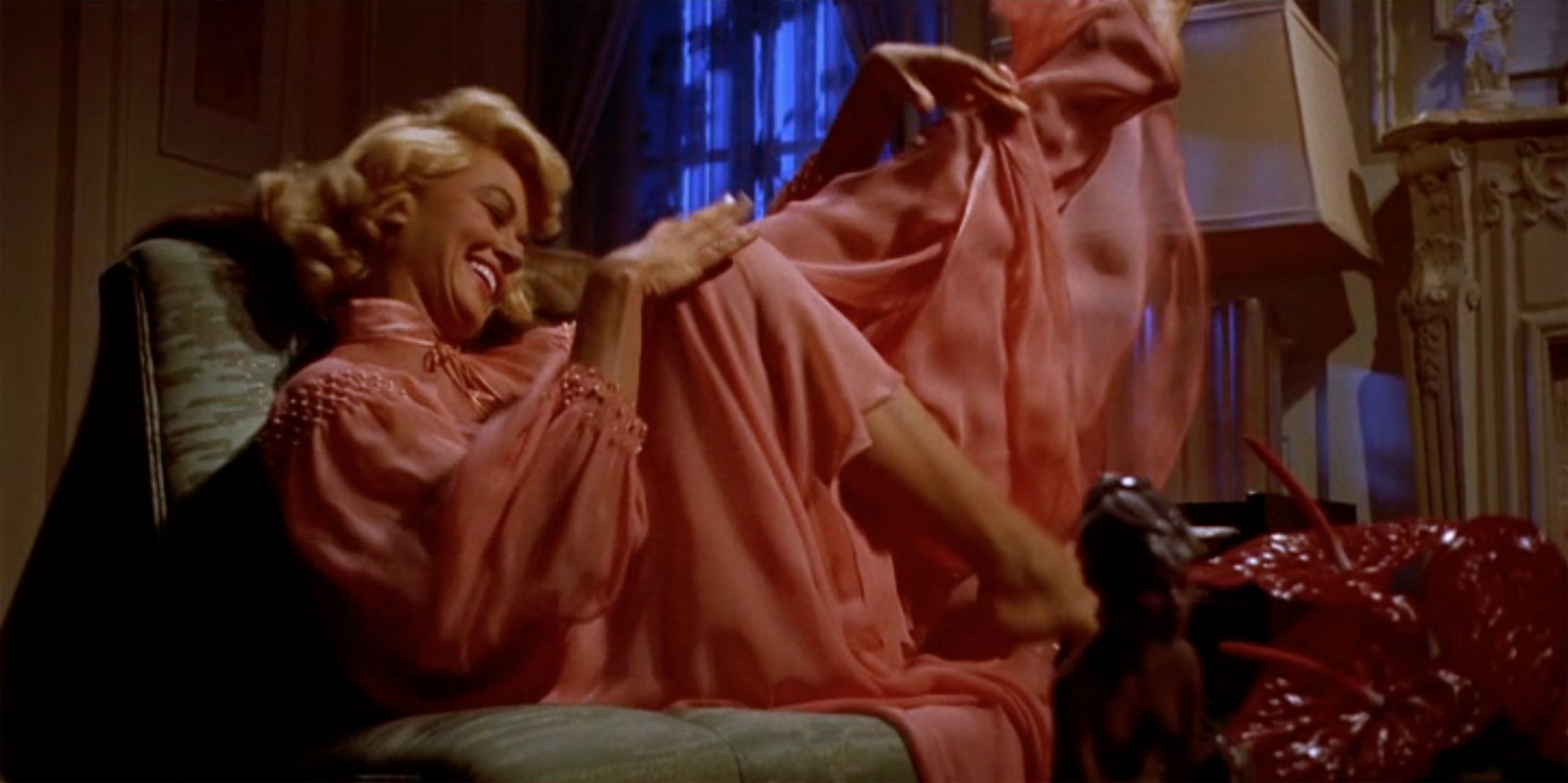
Film Matters: Please tell us about your article that is being published in Film Matters.
Alyson E. Picard: My article analyzes the connection of Frank Skinner’s musical score to the melodramatic tropes within Douglas Sirk’s film, Written on the Wind (1956). The score provides another layer of connotative analysis to the narrative and image track, and works in tandem with the melodrama’s structure to emphasize the film’s emotionality and drama.
FM: What research and/or methodologies do you incorporate in your article?
AEP: While conducting my research, I utilized a number of sources that provided insight into the history, structure, and ideological function of film melodramas, including Peter Brooks, Mary Ann Doane, Sergei Eisenstein, and Christine Gledhill. I made use of the works of film music scholars who have dealt with the melodramatic form and its representations of women, such as Mark Brownrigg, Caryl Flinn, and Kathryn Kalinak. I also applied source readings of Romantic-era opera composer Richard Wagner’s own interpretation of music and melodrama as edited by Oliver Strunk.
FM: Describe the original context for/when writing this article while an undergraduate student.
AEP: This article was originally a final critical analysis paper for an undergraduate film class focusing on the topic of melodrama and action films. The original paper was double in size and included a deeper historical and musical introduction. The class lectures were led by Dr. Vincent Bohlinger.
FM: How has your department and/or institution supported your work in film and media?
AEP: The Department of Film Studies has supported my work in analytical writing since the very beginning of my career at Rhode Island College. I have received countless hours of aid toward understanding proper scholarly research tactics and supportive constructive criticism of my past critical writing.
FM: How have your faculty mentors fostered your advancement as a film scholar?
AEP: Throughout my undergraduate career at Rhode Island College, I have been mentored under my Film Studies major by Dr. Vincent Bohlinger and Dr. Kathryn Kalinak. I was made aware of this opportunity to submit my work to Film Matters by Dr. Bohlinger, who graciously accepted the position as my mentor for this submission. He has helped me through the submission and revision process and has been overwhelmingly supportive throughout my time as an undergraduate student at Rhode Island College. Dr. Kalinak has tremendously helped shape my critical and analytical writing structure. I would not be the aspiring critical writer that I am today without her aid and educational support. She has recently mentored me through an honors thesis on the representation of women in Bernard Herrmann’s early film scores for gothic melodramas, and has been an incredible outlet of knowledge in the field, as well as an inspiration for my future plans.
FM: How has the Film Matters editorial and publication process impacted the development/evolution of your article?
AEP: The editorial and publication process has given me the opportunity to understand and experience peer-reviewing processes and anonymous commentary. Having additional commentary allowed me to look at my article from another perspective other than my own. It helped open my eyes to new ways of editing and viewing my own writing structure. It also solidified my knowledge of the importance of acquiring a writing style that is easily comprehensible to all readers interested in film analysis.
FM: What audience do you hope to reach with your Film Matters article and/or what impact do you hope it has on the field of film studies?
AEP: With my article, I hope to reach an audience that is interested in film music or to possibly enlighten someone who is not familiar with the inner workings of music in film. I hope that my analysis of Douglas Sirk’s melodramatic film will open doors for current or future film scholars to consider looking at film melodramas and the relationship with their musical scores. There is so much happening beneath the surface when you consider the musical geniuses of film score composers. I feel that there is a lot that still needs to be uncovered in the topic, as it remains overlooked or forgotten in comparison with the beauty of the image track.
FM: What are your future plans?
AEP: I will graduate from Rhode Island College in 2020 with a double major in Film Studies and Music History. My future plans remain undecided. However, the possibility of returning to school to achieve a higher degree concerning written analysis on film music is enticing.
Author Biography
Alyson E. Picard is currently a senior at Rhode Island College. She will graduate in 2020 with a double major in Film Studies and Music History.







































